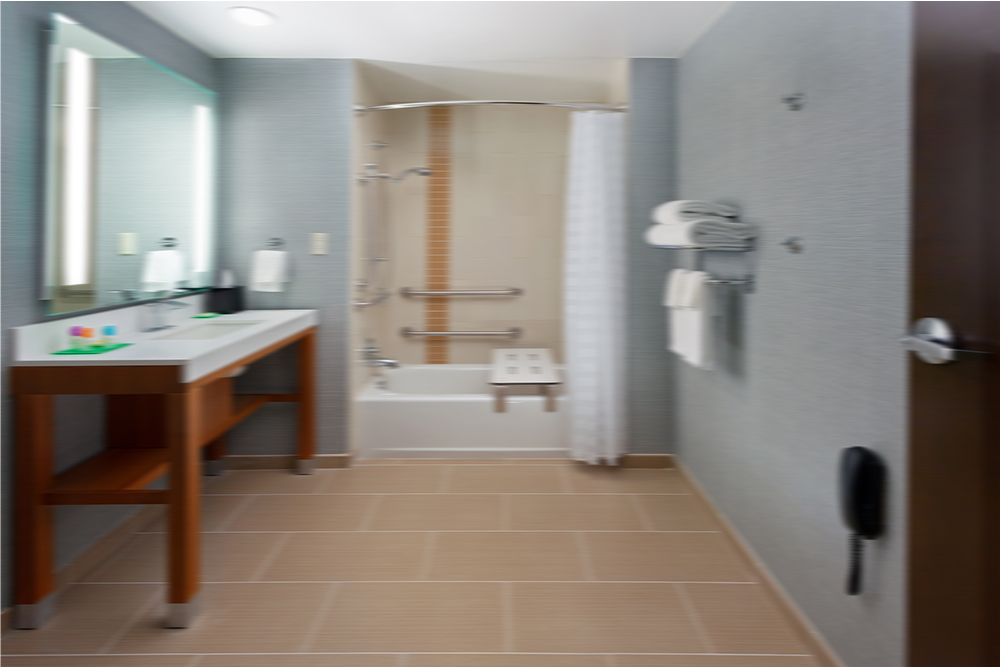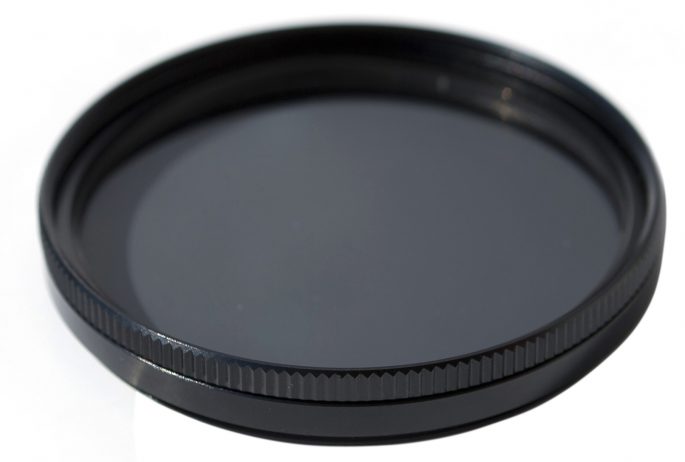Three Pieces of Essential equipment for the hotel photographer
If you intend to create your own portfolio of images with which to market your hotel, there are a few pieces of equipment that many professional hotel photographers see as absolutely essential. They will obviously have more equipment with them than the three I’m about to suggest, but these are seen as the ones they really can’t do without. Make sure you have them ready when you’re about to start snapping away!
Tripod
Tripods can be quite cheap and yet people still insist on standing in the corner of a room holding their camera and snapping away, completely forgetting that they’ll move. Yes, your hands will move, probably just as you press the button and blam – a barely noticeable and yet totally frustrating image blur is introduced which makes the final image look unprofessional.
The answer is simple and obvious – use a tripod! As I say, they are not expensive and they have universal fittings for all cameras. Although you can probably get away without one in a bright room or even outside due to there being plenty of light, in darkened areas your camera (when set to “auto”) will attempt to slow the shutter to let in more light and this means there’s more chance you’ll move and introduce the blur.
Remote control
Really? A remote? Well, a remote might seem like an extravagance but again, they’re not expensive at all and they go hand in hand with a tripod. You see, if you have your camera atop a tripod and then you hit the shutter button, you’ll introduce camera shake again. Of course, you could use the timer function of your camera to do it, but with remotes being so cheap, it’s really worth getting one to have complete control over your picture.
Polarizing filter
When I first got into photography I was given a polarizing filter by a friend as a gift. He said to me that it was to protect my lens and I originally thought that the sun’s rays would in some way damage the glass on my camera (I was young, give me some credit!) What he meant, of course, is that if you drop your camera then your relatively cheap polarizing lens will take the brunt of the smash and you might save the expensive lens behind it. So, that’s why I used one but then I realised that it actually has practical photography uses too.
The main advantage you get from using one is that it helps to reduce glare in a photograph. For example, it will reduce the effect of glare from polished surfaces, glass and water which means it’s ideal for both inside shots when your furniture will obviously be very polished, or outside near the pool or in the full glare of the sun.


